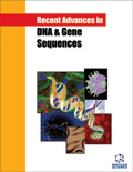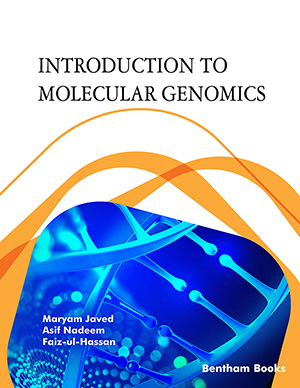Abstract
In recent years, there has been increasing scientific research on possible genetic or heritable influences to the etiology of pedophilia, driven by national and public concerns about better understanding the disorder in order to reduce children’s vulnerabilities to pedophilic and child sex offenders. This research has corresponded to growing academic dialogue on how advances in genetic research, especially concerning the causes and development of particular mental disorders or behaviors, may affect traditional practices of criminal law and how the justice system views, manages, and adjudicates different types of criminal behavior and offenders. This paper strives to supplement this dialogue by exploring several of the many possible effects and implications of research surrounding genetic or heritable contributions to pedophilia for the five widely accepted objectives that enforce and regulate the punishment of criminal law. These include retribution, incapacitation, deterrence, rehabilitation, and restoration. Although still currently in early stages, genetic and heritability research on the etiology of pedophilia may have the potential moving forward to influence the current and established punitive methods and strategies of how the justice system perceives, adjudicates, regulates, and punishes pedophilic and sex offenders, as well as how to best prevent sexual offending against children by pedophilic offenders in the future.
Keywords: Adjudication, criminal law, deterrence, DNA, genetics, genomics, heritability, incapacitation, judiciary, jury, paraphilia, pedophilia, punishment, rehabilitation, restoration, retribution, sex offender.
 34
34











